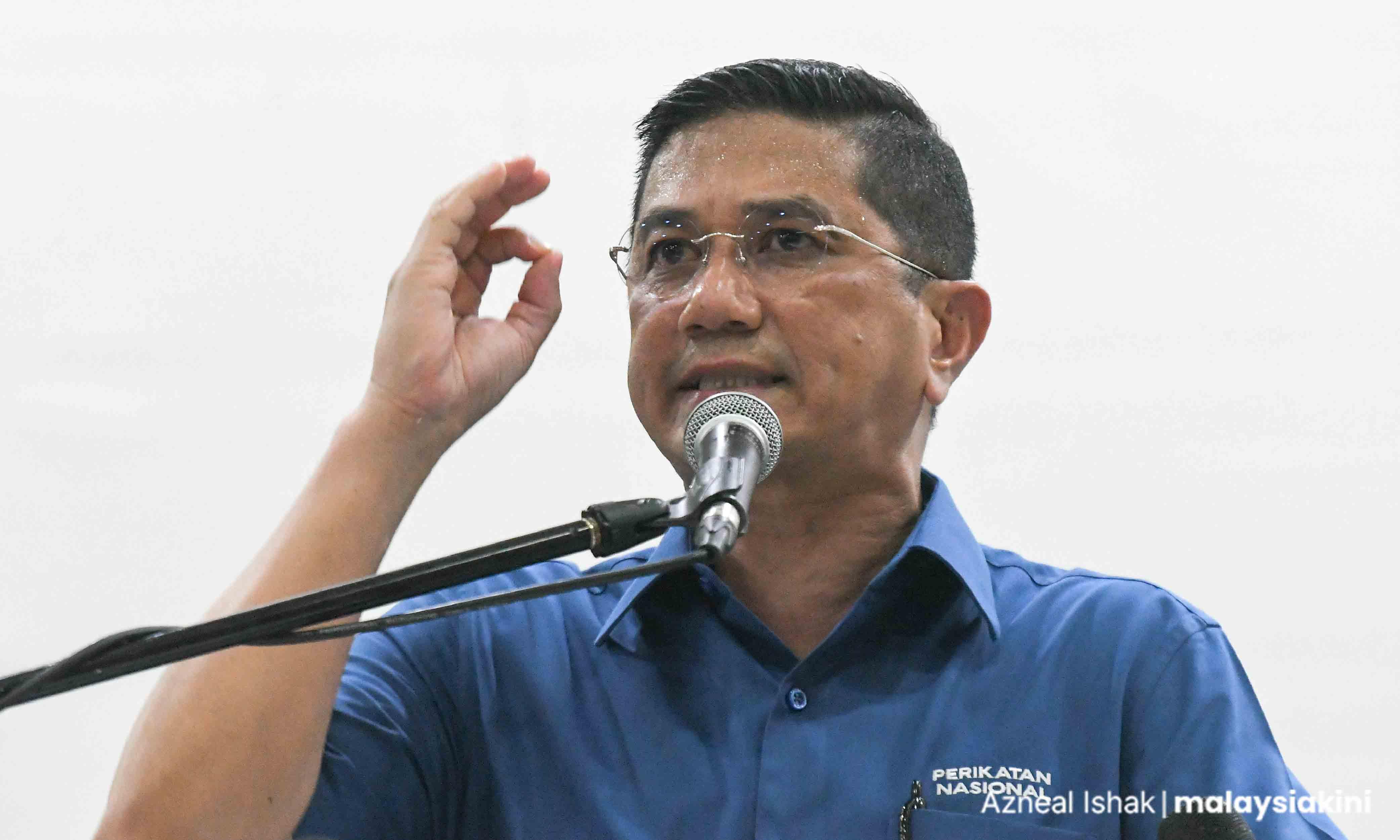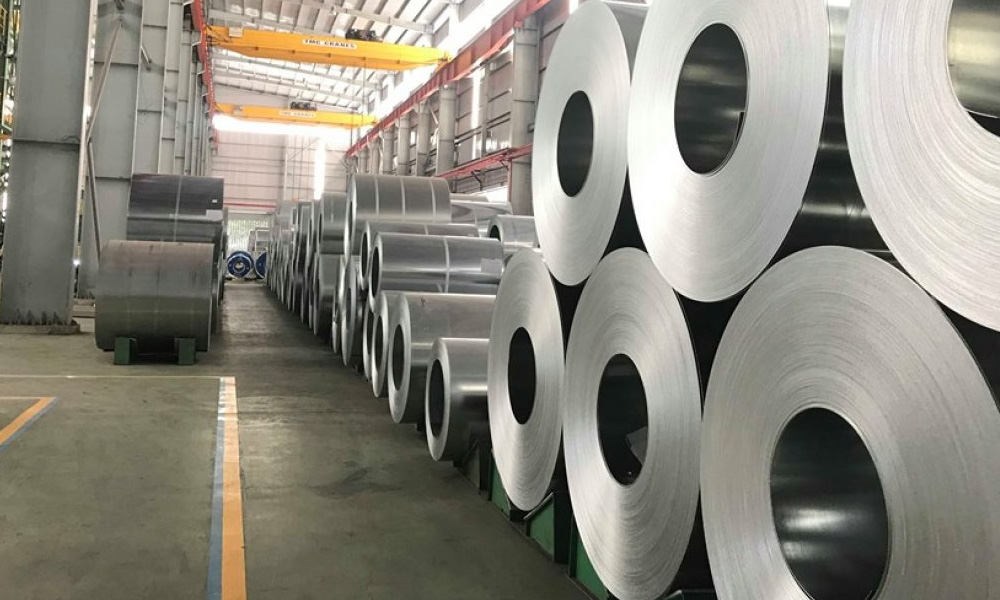ADUN SPEAKS | It was with anticipation and trepidation that I read the news report regarding the resumption of the Malaysia-Korea Free Trade Agreement (MKFTA), as reported by The Star yesterday.
As a firm believer in the rules-based trading system and the investment, trade and industry minister who finally ratified the CPTPP (Comprehensive and Progressive Agreement for Trans-Pacific Partnership) for Malaysia, I have always been in favour of the right type of FTAs.
In the case of the CPTPP, the agreement not only provided new market access to countries such as Canada, Mexico, Peru and the United Kingdom, it also offered additional market access into countries with whom Malaysia already had a bilateral or regional FTA arrangement (eg, Japan, Australia, New Zealand, Vietnam and Brunei).
Unlike the CPTPP, the MKFTA may not necessarily add further value to the existing Asean-Korea FTA (AKFTA), to which Malaysia is already a party.
As I recall, under the AKFTA, South Korea agreed to eliminate duties on 91 percent of its tariff lines and in return, Malaysia only had to eliminate duties on 83.5 percent of our tariff lines. This was indeed a good deal for Malaysia and I commend our negotiators who were involved in the AKFTA negotiations.
In 2019, under the Pakatan Harapan administration when Darell Leiking was the Miti minister, both Malaysia and Korea agreed to a set of guiding principles, which stipulates an overall liberalisation threshold of 92 percent with a view to ensure that the MKFTA builds upon the AKFTA.

Essentially, this lopsided agreement means that the Korean side will only need to improve about one percent on their offers (as they have already committed to the elimination of duties on 91 percent of their tariff lines in AKFTA) while Malaysia will need to significantly improve our liberalisation offers from 83.5 percent to 92 percent. In other words, Malaysia will have to remove duties on substantially more goods compared with Korea.
I also recall that the Korean request involved more than 1,600 products including automotive parts and components, as well as iron and steel. In return, Malaysia requested for concessions across 500-odd products. Again, Malaysia couldn’t request more products as the Korean side was only required to add another one percent of products to meet the 92 percent threshold.
When I was at Miti, I recalled that the Industry Wing of the ministry undertook several consultations with the private sector to obtain their feedback and views regarding the MKFTA.
Removing duties on products
Most industry players stressed that Malaysia should not remove duties on the 1,600-plus products requested by the Korean side. Those in the iron and steel sector were particularly concerned, as they were already under immense market pressure during the pandemic and post-pandemic phases.

While I understand that the MKFTA will also cover other areas such as economic cooperation, digital and green economy, supply chain and bio-economy, outcomes in these areas are usually collaborative and do not necessarily commensurate with the sacrifices that Malaysia will need to make by removing duties across 1,600-plus products.
Given the circumstances above, I would urge Miti to undertake a detailed cost-benefit analysis (CBA) and make it publicly available (as was the case with the CPTPP), before a decision is made regarding the resumption of MKFTA.
As part of the CBA, extensive consultations should also be undertaken with industries in Selangor, many of which operate in the automotive as well as iron and steel sectors.
AZMIN ALI is Hulu Langat assemblyperson.
The views expressed here are those of the author/contributor and do not necessarily represent the views of Malaysiakini.

